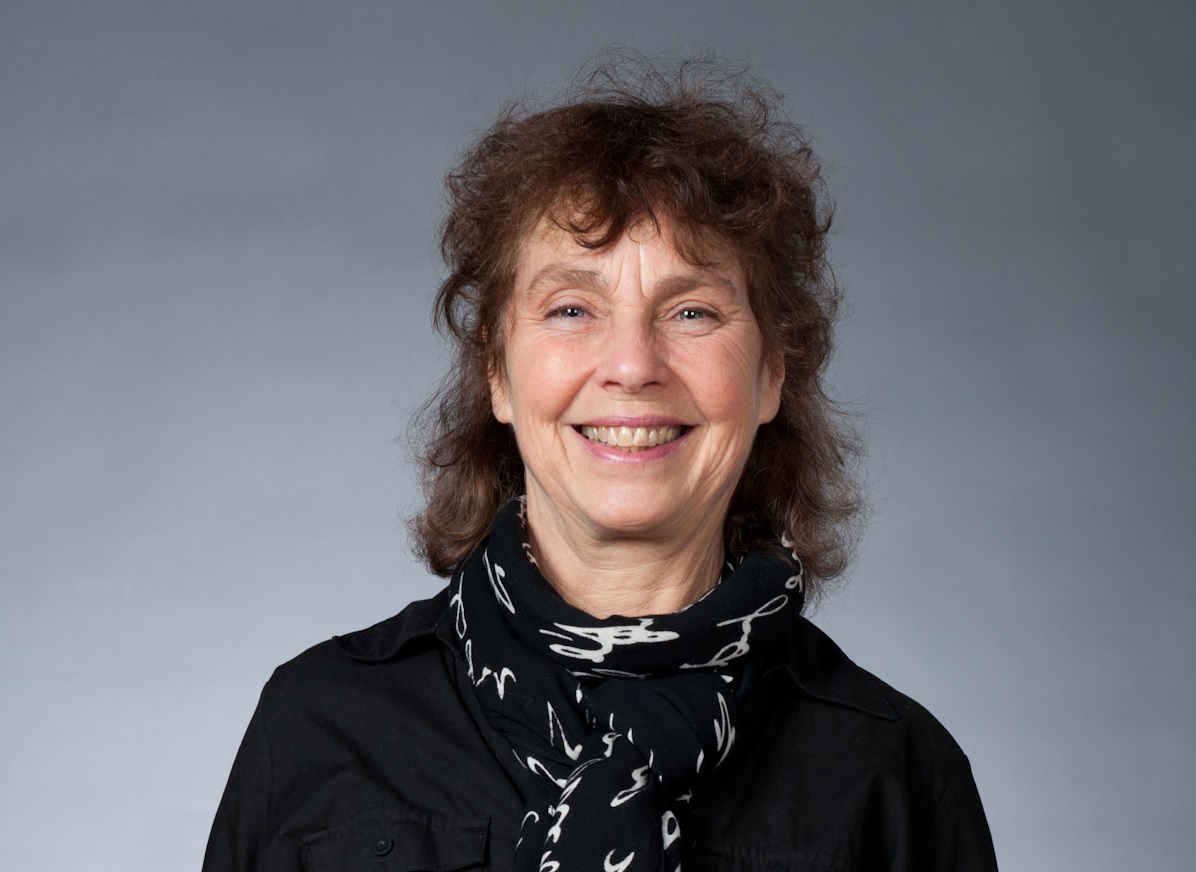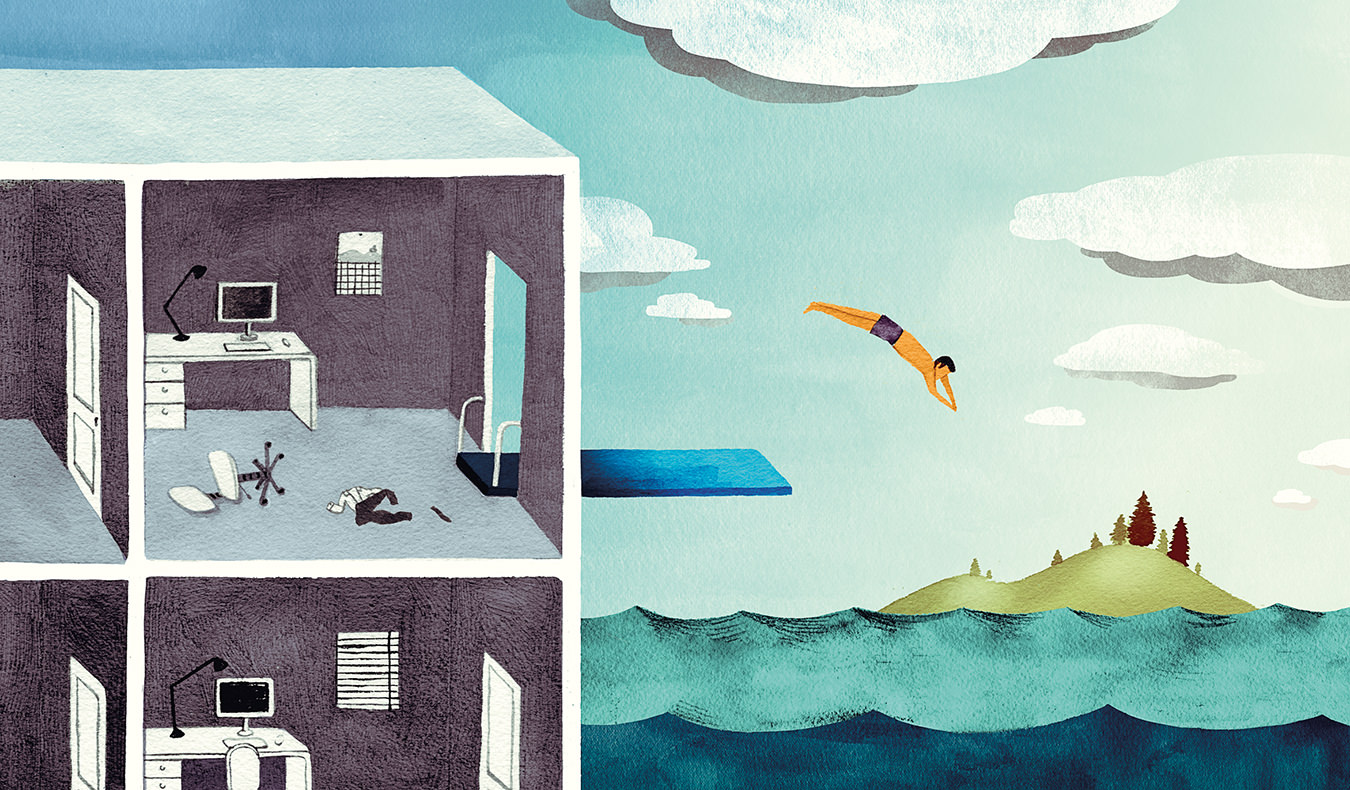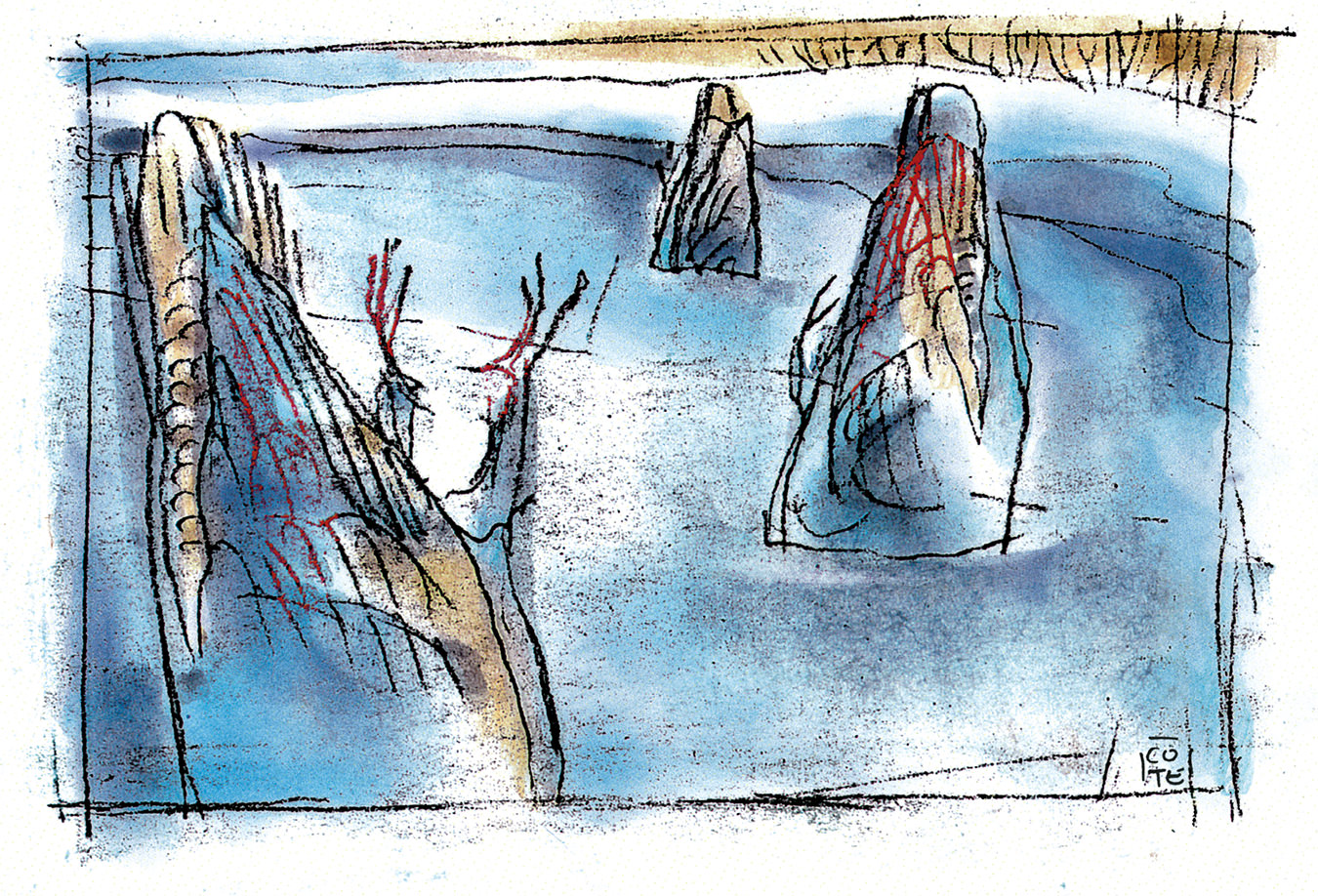Deirdre Kessler
Acknowledging the heartbeat of human expression.

In NUVO’s poet laureate series, we speak with current poets holding the title as of 2016 for Victoria, Calgary, Edmonton, Charlottetown, Halifax, the Yukon, and Canada’s parliamentary poet laureate. Below, words from Carlottetown’s Deirdre Kessler.
With two dozen children’s books under her name, Deirdre Kessler had the title of Charlottetown’s poet laureate bestowed upon her in early 2016. Here, we had the opportunity to speak with her on how being a poet laureate influences the ways she engages with her community.
What does being poet laureate mean to you?
It is an honour, of course, to be recognized for one’s poetry and invited to join the long tradition of poets laureate. It was the late poet Joseph Sherman who lobbied for a poet laureateship on the Island—our first was John Smith, appointed in 2002. The meaning of the laureateship unfolds as many invitations arrive for me to read poetry at public events. I am used to giving many readings of my fiction, children’s books, and poetry in libraries and schools (I teach part-time with the Department of English at the University of Prince Edward Island—creative writing, children’s literature, and a course on L.M. Montgomery) but with the laureateship has come a flood of invitations to read at political and social events outside my usual spheres.
Poetry, song, and the oral tradition are at the core of human expression and community and are ever-present in human societies. The formal recognition of poets in Canada with the appointment of poets laureate is a rare public signal that we acknowledge the heartbeat of human expression.
What are some moments you are particularly proud of?
I am working with the P.E.I. Association for Newcomers to Canada to hold a series of readings of poetry in original languages—Mi’kmaq, French, Scottish and Irish Gaelic, Persian, Chinese, Spanish, etc.—poetry read by newcomers to the province, with English translations. The sound of poetry in the original languages is what I’m after. As well, I have been giving poetry read-alongs for adults and children. I’ve made booklets with good poems by Canadian poets for these read-alongs. In the first five months after I was named poet laureate I think I did 15 public events, including reading for both Charlottetown and Summerside city councils.
What kind of poetry do you write?
I suppose I fall in the tradition of poets inspired by nature. I found and fell in love with Walt Whitman when I was a teenager. My collection Subtracting by Seventeen has a strong theme of childhood recollected and reshaped; the poems in Afternoon Horses (Acorn Press, 2009) roam Canada, the Mojave Desert in the U.S., Australia, Mexico, and the heart in search of the meaning of home. In my 2014 memoir, Mother Country (Oberon Press, 2014), there are a few poems (as well as narrative) about the three years I camped in an oasis in Death Valley and the otherworldly qualities of that place. It was there I had my best job ever: observing three nesting pairs of Bell’s vireos along Willow Creek and writing an article for the Eldorado Audubon Society about those little birds’ nesting and vocalization patterns.
Are you currently working on any major projects?
Yes, I am about to hand over the manuscript of an adult novel, Darwin’s Hornpipe, to a publisher. As well, I am assembling a new collection of poetry, the working title of which is Ordinary Wings and the Regular Fox. The seed of a new children’s story got planted recently, and when I’ve shipped the novel and poetry manuscripts, I will see what that story grows into.
Weary
The world goes into its room,
shuts the door, weeps.
Out there—this afternoon,
all of it sad.
Go away. Leave the world alone
to remove dams, run rivers to sea,
return songbird to wolf willow,
wipe flies from children’s faces,
make a fire and a pot of soup,
find the reed doll, feed the dogs.
Come back later, after the sky
has been filtered, ore unsmelted,
boreal forest regrown; elephants
easy in ancestral herds,
necessary sorrow sheltered in bones.
Cetaceans swimming memory
up and down the oceans.
Birds to air.
Fish to sea.
Monkeys home with their families.
Go away.
A few moments, please.
(“Weary” by Deirdre Kessler, from Afternoon Horses, Acorn Press, 2009.)
To meet other poets laureate, click here.




